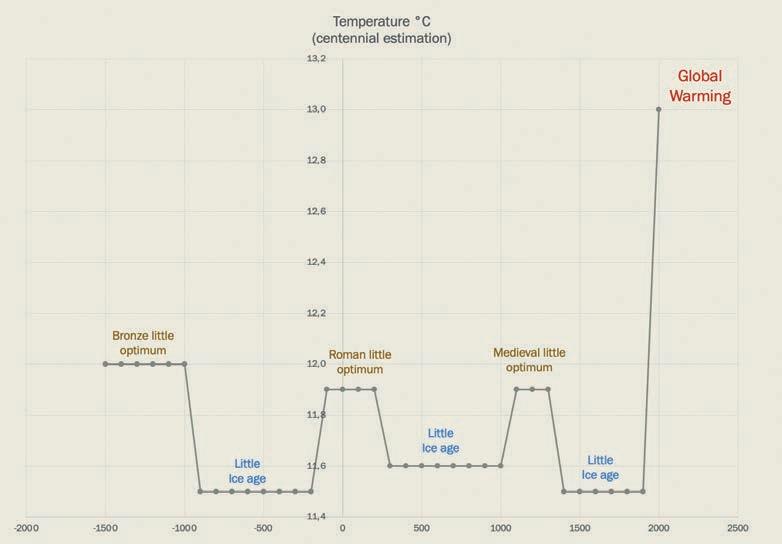84 I PART 1 I CLIMATE IN VIET NAM: PAST, PRESENT AND FUTURE
We have only two ways to anticipate the impact of a future catastrophic “ climate change, neither of them particularly precise or entirely reliable. Either
we “fastforward” the tape of history and predict what might happen on the basis of current trends; or we “rewind the tape” and learn from what happened during the global catastrophes in the past. Although many experts (mainly climatologist, sociologists, and political scientists) have tried the former, few have systematically attempted the latter.
”
Parker, 2008, p. 1078
1. Introduction Climate policies aimed at mitigating global warming, whether national or international, are the result of complex processes involving scientific evidence, the economic feasibility of instruments and proposed solutions, and — of course — diplomatic compromises between parties with varying interests in taking action [ Aycut & Dahan, 2015 ]. This chapter focuses on the place occupied by climate history in providing evidence of global warming and its anthropogenic origin, and also in recalling past human concerns and adaptations to climate changes. The history of climate is written by two very distinct communities: hard scientists (climatologists, meteorologists, glaciologists, palaeoclimatologists, atmospheric physicists, etc.) on the one hand, and professional historians on the other. The importance of the former has been decisive in providing evidence of the anthropogenic origin of climate change [ Charney et al., 1979; Crutzen, 2002; Steffen, Crutzen, & McNeil, 2007 ], and then in building an active climate diplomacy, particularly since 1988 with the creation of the Intergovernmental Panel on Climate Change [ IPCC, 1990 ]. The role of professional historians, on the other hand, is relatively unknown, although their contributions are quite remarkable.
This chapter focuses on the originality of this latter community’s contribution. We will defend the thesis that the sources deployed by climate historians produce a human history of the climate that is much more attentive to the observation of societies in the face of climate change than the natural history of the climate produced by climate scientists. For this reason, the climate history produced by historians is absolutely essential for policymakers. It sheds light on the way in which past societies perceived and recorded climate fluctuations, how they adapted to them, and even how they sometimes tried to correct them through their actions. The aim of this chapter is to highlight the potential contribution of history to the development of public policies to mitigate climate change. It is also to warn the reader that, despite the existence of some recent academic work [ Lieberman & Buckley, 2012 ], this human history of climate remains largely under-researched for Viet Nam and Southeast Asia, and that it is precisely this kind of history that needs to be promoted, in order to encourage its development and quickly reap its benefits. This chapter will nevertheless show that a number of already-published works of Vietnamese environmental history have contributed valuable material, which deserves to be taken into account. In particular, these academic works show that the Vietnamese imperial




























